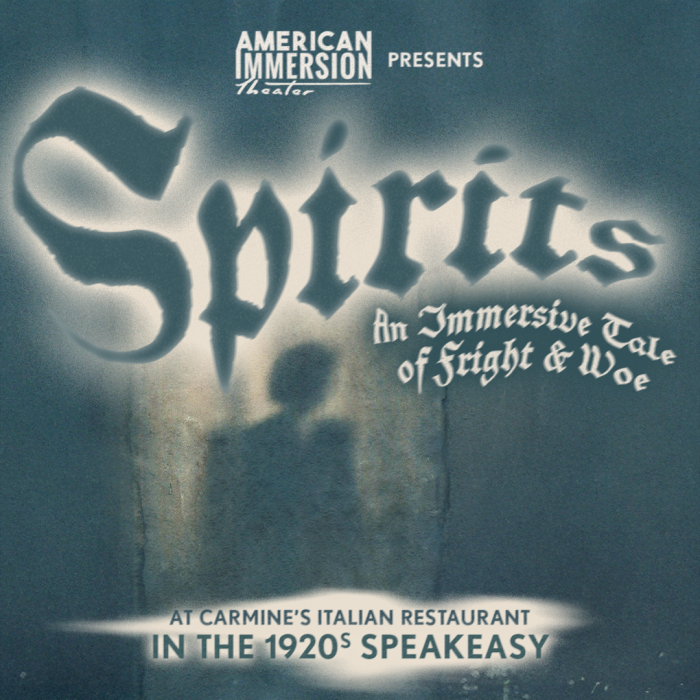The landmark Stanford prison experiment, which established that even the most benign and kindhearted of people are capable of evil in the right circumstances, is an ideal subject for a movie.
That movie would be a documentary, though, that conveyed a broader sense of what made Dr. Philip Zimbardo’s 1971 study a significant moment in psychological history.
That documentary could incorporate re-enactments. And if it did, one could only hope they’d be assembled with the studiousness of “The Stanford Prison Experiment,” a film by Kyle Patrick Alvarez that chronicles the six days of Zombardo’s simulated prison and unflinchingly portrays the grim behavior that emerged within it.
There’s just the pervasive feeling throughout this docudrama that key parts of the story are missing: the fact that the guards subjected the prisoners (both groups consisted of willing volunteers) to heinous abuse is the central concern, of course. Rendered in suffocating terms, including unflinching close-ups and set pieces that serve as one-act plays of sadism, without more perspective eventually gives the movie the feel of a wallow in darkness.
The ensemble is game — ranging from the perpetually underrated Billy Crudup as Zimbardo to fine character actors such as Ezra Miller and Michael Angarano portraying the prisoners and guards. Alvarez is obsessively authentic in the ways he constructs the experiment — in which the guards were essentially given free reign to treat the prisoners as they saw fit — and subdues and washes out the colors to emphasize the bleakness.
It’s hard to criticize a movie at this sort of macro level; this is probably as good of a film as Alvarez could have made given the goal of painstakingly recreating the events. The experience becomes oppressive, though, and the purpose seems questionable. History has taught us these basic principles time and again and the movie fails to adequately convey what made this particular experiment so notable.



































